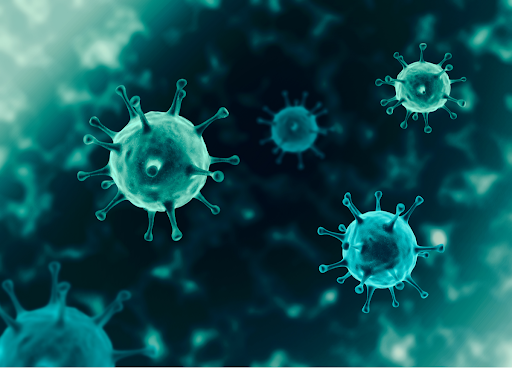As our country enters a new phase in the battle against COVID-19, those who have not contracted the virus are wondering, should they still be worried?
There is a multitude of important factors that need to be taken into account when evaluating the risk of contracting COVID-19 now that many parts of the country are either scaling back mitigation measures or eliminating them altogether.
Now that several variants have cycled through the population over the course of the last two and half years, we’ll take a look at what measures individuals should consider if they have not been previously infected with the virus.
Don’t Make Assumptions About Susceptibility
Some people may wrongly assume that they have some sort of protection against COVID-19 if they haven’t already contracted it. Studies have not been able to determine why some individuals have not yet been infected with the virus, even during periods of pervasive disease spread.1 William Schaffner, MD, has stated in relation to people not getting COVID-19; “People may have conceivably–but we can’t define them yet–different capacities to ward off viruses or bacteria.”1
It is possible that some individuals have a better immune response or gene set that offers protection against infection. Additionally, environmental factors may play a role in protecting someone from COVID-19.1 Unfortunately, there is no proof that any of these components offer protection against the virus. Dr. Schaffner goes on to say; “We can’t define that in 2022 medicine, but it could be…”1
What’s important to realize is that if someone believes that they’ve never been infected with COVID-19, there are still things they should do in order to protect themselves against the possibility in the future. When it comes to the unpredictability of COVID-19, its vital individuals don’t make assumptions about being invulnerable to the virus.
Vaccination Is Still the Best Protection Depending on Individual Health Circumstances
Vaccinations still offer the best protection against severe illness if you get COVID-19. Although there are several COVID-19 shots currently available, they all help our bodies learn how to fight off the virus. All types of vaccines stimulate the development of “memory” T-lymphocytes and B-lymphocytes that remember how to combat viral infection. These lymphocytes learn how to fight COVID-19 using the information they received from the vaccine.2
Each individual has unique health circumstances and your doctor will know what the best course of action is when it comes to vaccines. In regards to individuals who are able to be vaccinated, Amish Adalja, MD, a senior scholar with John Hopkins Center for Health Security in Baltimore, states, “People who have not knowingly been infected with COVID should be vaccinated, and after that, be assured that they are protected against serious disease from this virus.”1
What Happens Next When It Comes to COVID-19?
Unfortunately, there is uncertainty regarding the future of COVID-19, and there is no definitive answer as to what happens next with the virus. The best an individual can do to protect themselves is follow the guidance of their acting physician.
ARBDA: Serving the Community and Helping Our Patients With Compassion, Understanding, and Focused Care
At Arthritis, Rheumatic, & Bone Disease Associates, we pride ourselves on providing compassionate care combined with state-of-the-art medicine to achieve the best possible outcomes for our patients. If you or someone you know needs a specialist for Lupus, contact our offices. We have a complete staff of Board Certified / Board Eligible physicians, including polymyalgia rheumatica specialists, ready to help. Schedule your appointment today.
1https://www.medscape.com/viewarticle/969937?reg=1#vp_2
2https://www.cdc.gov/coronavirus/2019-ncov/vaccines/different-vaccines/how-they-work.html


